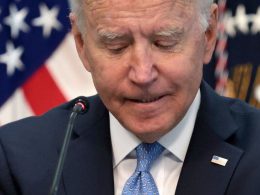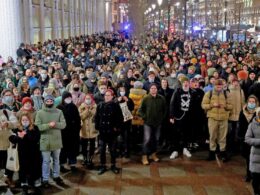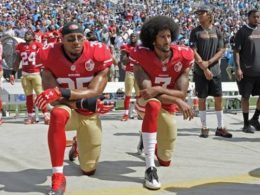The current strike action by over one million public sector workers in South Africa has sent the marriage of the Tripartite Alliance between the African National Congress (ANC), the South African Communist Party (SACP), and the Congress of South African Trade Unions (COSATU) into disarray.
The action by workers has hit the ANC government hard with public sector workers bringing services across the country to a halt. The government’s response to the workers’ demands for an 8% pay rise and 1,000 rand (£108) housing allowances, was to offer 7% and 630 rand (£68) for housing. The Zuma government has shown its true colours by criticising workers’ demands as unaffordable, even though the unions have drastically reduced their demands from 15% and 2500 rand (£270) for the housing.
The government’s excuse is that South Africa has been battered by the global recession, shedding 900,000 jobs, taking unemployment to eight million last year, with 51.4% amongst the youth. Public sector workers’ anger spilled over with reports about vast profits in “black economic empowerment” deals for Zuma’s son and allies in government with accounts of greed and corruption during the run up to the World Cup.
It became evident the only beneficiaries of the World Cup were government officials and construction industry bosses with profits sky-rocketing 56% along with executive pay rises of 39%, the highest in all economic sectors. This was in comparison to the construction workers who earned less than half the minimum wage, while ANC-allied businessmen and politicians were enriching themselves at their expense. At a time when inequality and poverty in South Africa is one of the worst in the world with many black families existing on US$3 or less a day. After 16 years of the ANC rule, the gap between rich and poor is the widest in the world.
Importantly, the current anger is not only against Zuma. It also against the ANC, indicating a moving consciousness towards breaking the illusions in the ANC itself. This has forced the ANC’s allies in Tripartite Alliance, the SACP (Communist Party) and COSATU to rally behind the workers. In particular, the COSATU leaders have been pushed into escalating the strike in response to the searing fury of the public sector workers. But it is evident COSATU are apprehensive of alienating Zuma and are attempting to hold back further action by limiting protests. This is related to the COSATU leadership’s dependence on the alliance with the ANC which subordinate the members’ interests to the government. But the strength of anger on the ground could force COSATU to break with the ANC, unless the government comes to their rescue with an improved offer.
Fikile Majola, the General Secretary of Nehawu union, which covers education, health, government and social welfare, has stated “The Zuma administration is COSATU’s last hide-out”. This is a clear warning that if COSATU accepts anything less than the current demands, it would amount to a defeat, serious damaging COSATU’s credibility amongst workers. The anger of workers at the ANC has placed COSATU between the proverbial rock and a hard place, as it faces selling out their members in favour of Zuma and losing control of large sections of workers, or fully supporting the demands of the strikers at the expense of its relationship with the ANC. Given the atmosphere amongst workers, retreating is not an option for COSATU at the moment.
The strike has clearly raised the expectations of workers and there appears to be a sense of confidence that it can be won. However, key to this is breaking down the illusions not only in the Zuma government but the imprisonment of Tripartite Alliance and building a truly democratic and independent working class movement that will represent and fight for their demands.












 Paul Murphy, Socialist Party MEP
Paul Murphy, Socialist Party MEP